Main Staff
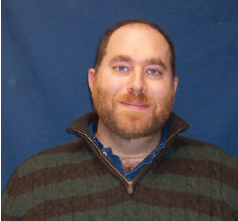
Dan Yamins, PhD
PRINCIPAL INVESTIGATOR
Dan joined Stanford in September 2016. He's a member of the Departments of Psychology and Computer Science, the Wu Tsai Neurosciences Institute, and the Stanford Artificial Intelligence Laboratory. He is a recipient of the McDonnell Foundation Scholar, Sloan Research Fellowship, and NSF CAREER awards, and is a Simons Foundation Investigator. Prior to moving to Stanford, he did his postdoc at MIT in the Department of Brain and Cognitive Sciences. He received his BA in Mathematics and PhD in Applied Mathematics from Harvard University.
Website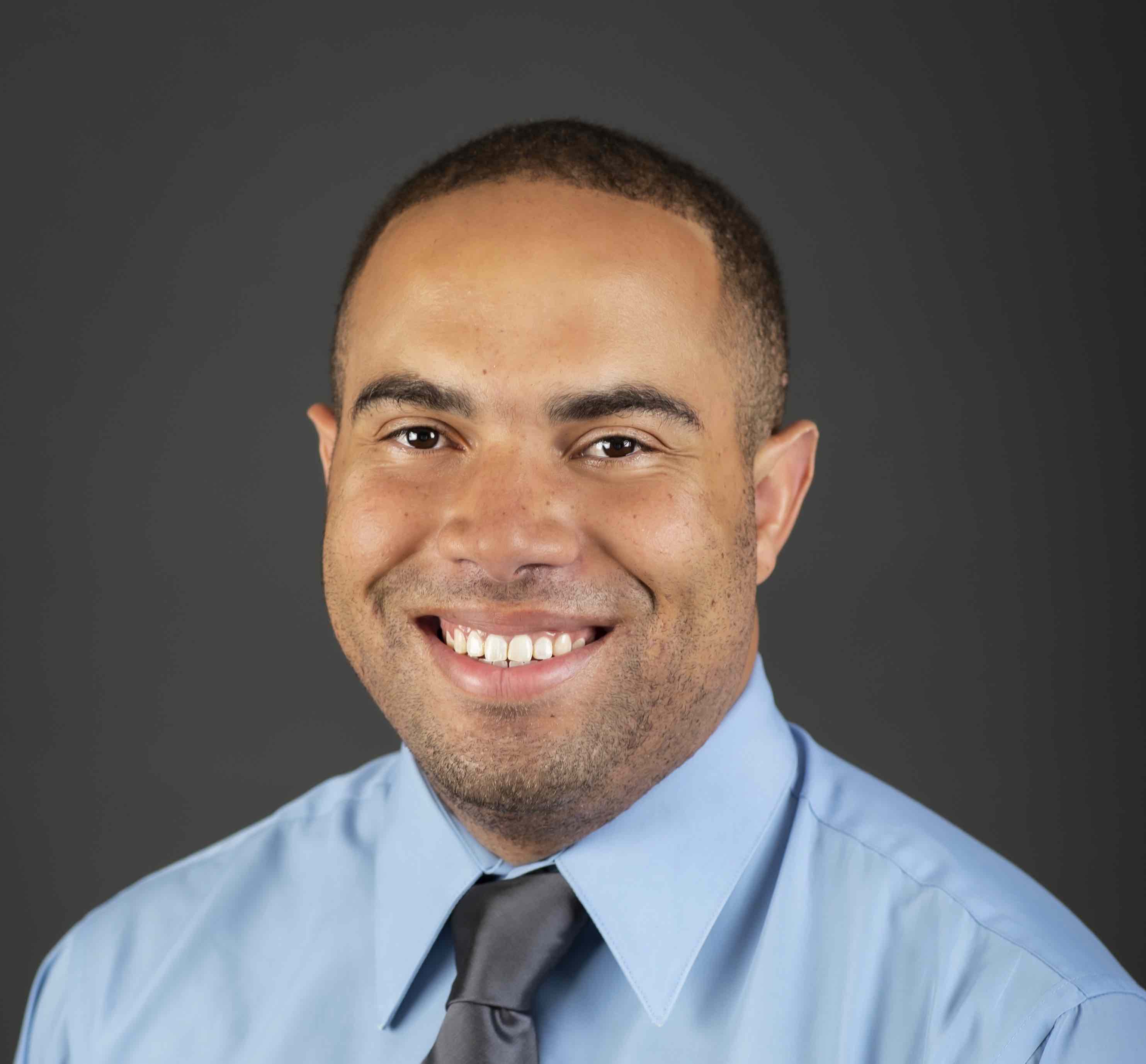
Logan Cross
POSTDOCTORAL FELLOW (COMPUTER SCIENCE)
Logan is a postdoctoral fellow in the Department of Computer Science under the joint supervision of Prof. Dan Yamins and Prof. Nick Haber. His research combines interdisciplinary approaches to understand how intelligence emerges in humans and machines. Currently, he is investigating how artificial agents can predict and interact with other agents in social domains. He received his Bachelor's in Neuroscience at University of Southern California and completed his PhD in Computation and Neural Systems at Caltech with John O'Doherty.

Stefan Stojanov
POSTDOCTORAL FELLOW (COMPUTER SCIENCE)
Stefan is a postdoctoral scholar in the Department of Computer Science supervised by Prof. Dan Yamins and Prof. Jiajun Wu. He is interested in studying the emergence of perceptual capabilities such as understanding physical dynamics and 3D shape in large self-supervised computer vision models. He believes that drawing from findings about the development of perception in humans is essential for building artificial systems with these capabilities. Before Stanford, he got a PhD in computer science from the Georgia institute of Technology that focused on computer vision and a BA in computer science and mathematics from Bard College.

Honglin Chen
PHD STUDENT (COMPUTER SCIENCE)
Honglin is a PhD student in the Department of Computer Science. Prior to joining Stanford, he received his BS in Mathematics of Computation from University of California, Los Angeles in 2018. During 2018 - 2019, he was a research assistant in the Center for Brains, Minds & Machines (CBMM) at MIT. Honglin joined SNAIL in March 2020.
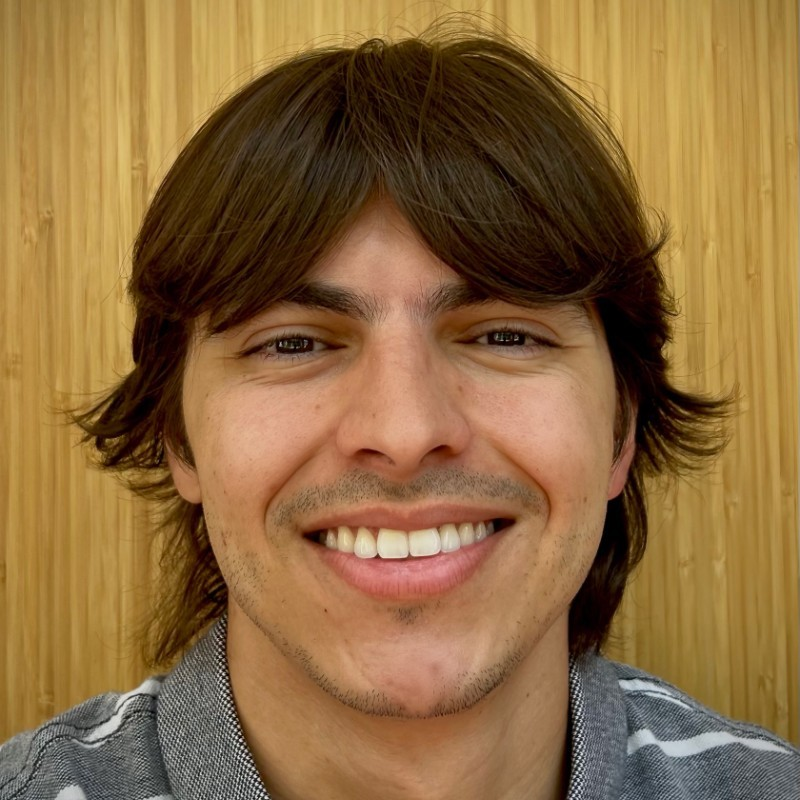
Alex Durango
PHD STUDENT (NEUROSCIENCES GRADUATE PROGRAM)
Alex is a PhD student in the Neurosciences Graduate Program at Stanford University, focusing on building models of human visual attention. His research aims to dissect the interplay between stimulus-driven and goal-driven mechanisms that guide attentional processes. Before joining SNAIL, Alex contributed to a range of interdisciplinary research efforts, such as investigating auditory perception through psychology and engineering, exploring epigenetic markers in yeast at the molecular and genetic levels, and studying the molecular factors that influence pigment production in mice. Alex started his doctoral program in September 2020. He holds a Bachelor's degree in Biological Sciences and Chemistry with a minor in Computer Science from Florida International University. Outside of academic pursuits, Alex enjoys sports, video gaming, and watching television series, as well as spending time with loved ones.
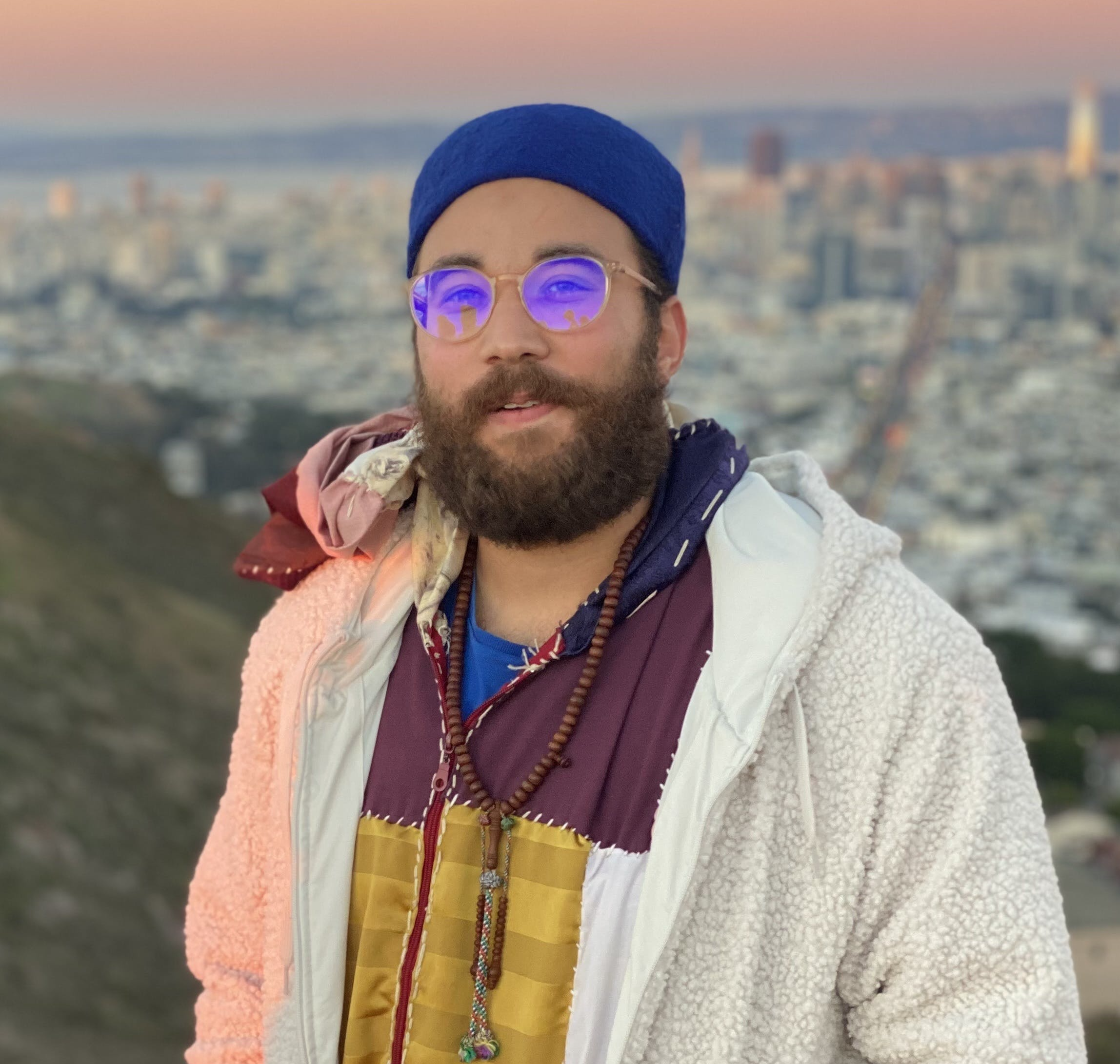
Khaled Jedoui
PHD STUDENT (COMPUTER SCIENCE)
Khaled is a PhD student in the Department of Computer Science. Before starting his PhD, he obtained his BS in Mathematics from Stanford University in 2020. Khaled's primary interests lie in cognitive AI-benchmarking, which is the establishment of common benchmarks for model-human comparisons across diverse and ecologically relevant domains and tasks. He joining SNAIL in January 2022. Before joining SNAIL, he took time off from Academia to live in the Zawiyah Karkariya (Sufi Monastery) where he studied sufism under Shaykh Mohamed Faouzi Al-Karkari.
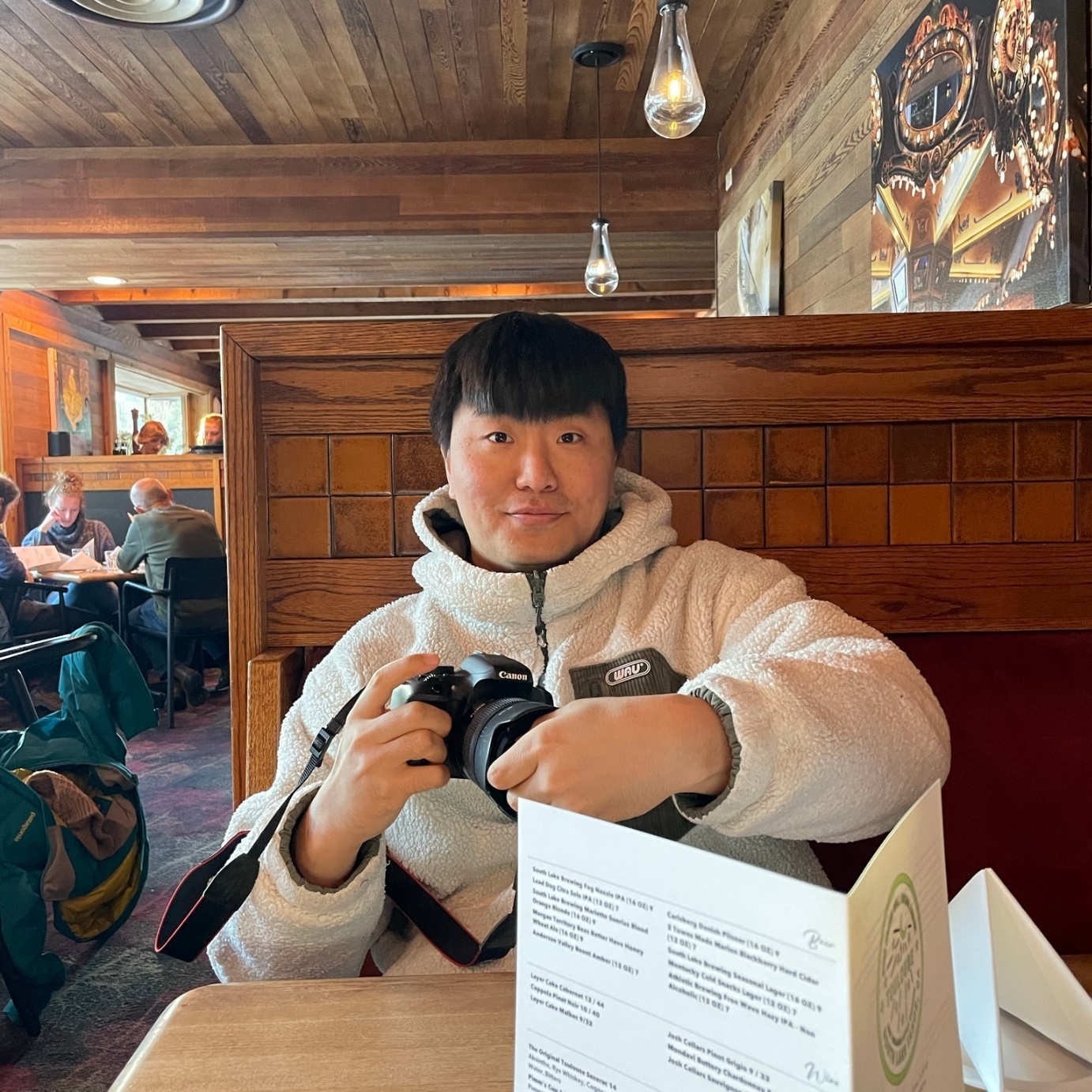
Wanhee Lee
PHD STUDENT (APPLIED PHYSICS)
Wanhee is a PhD student in the Applied Physics department. His research interest lies at the intersection of physics, neuroscience, and AI. Specifically, he is curious about how people understand the 3D world around them. To explore this, he is working on creating computational models and comparing them to human behavior and neural activity. Outside of research, he enjoys playing sports and listening to music.
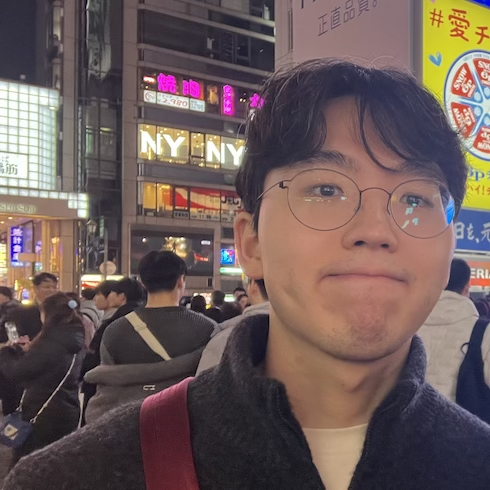
Simon Kim
UNDERGRADUATE STUDENT (COMPUTER SCIENCE)
Simon is an undergraduate student in the Computer Science department (Artificial Intelligence track, '25) at Stanford. He is interested in vision models and how they interact with the real world. Outside of research, he enjoys running and re-watching old sitcoms. He joined SNAIL in September 2023.

Klemen Kotar
PHD STUDENT (COMPUTER SCIENCE, JOINT WITH JIAJUN WU)
Klemen is a PhD student in the Department of Computer Science. One of his main interests is the development and analysis of world models, aiming to understand how systems can assimilate extensive information about their environments to accurately predict or generate new, plausible scenarios within them. He believes that insights from cognitive and neuroscience are essential for understanding the true nature of intelligence and for replicating it in silico. He joined the SNAIL in the winter of 2023.

Daniel Kunin
PHD STUDENT (COMPUTATIONAL & MATHEMATICAL ENGINEERING; JOINT WITH SURYA GANGULI)
I am a PhD Candidate at the Institute for Computational and Mathematical Engineering focused on computational neuroscience and deep learning theory under the direction of Surya Ganguli and Daniel Yamins. My research focuses on the dynamics of artificial neural network models during training and how to leverage this understanding to generate hypotheses of how biological neural networks might learn.
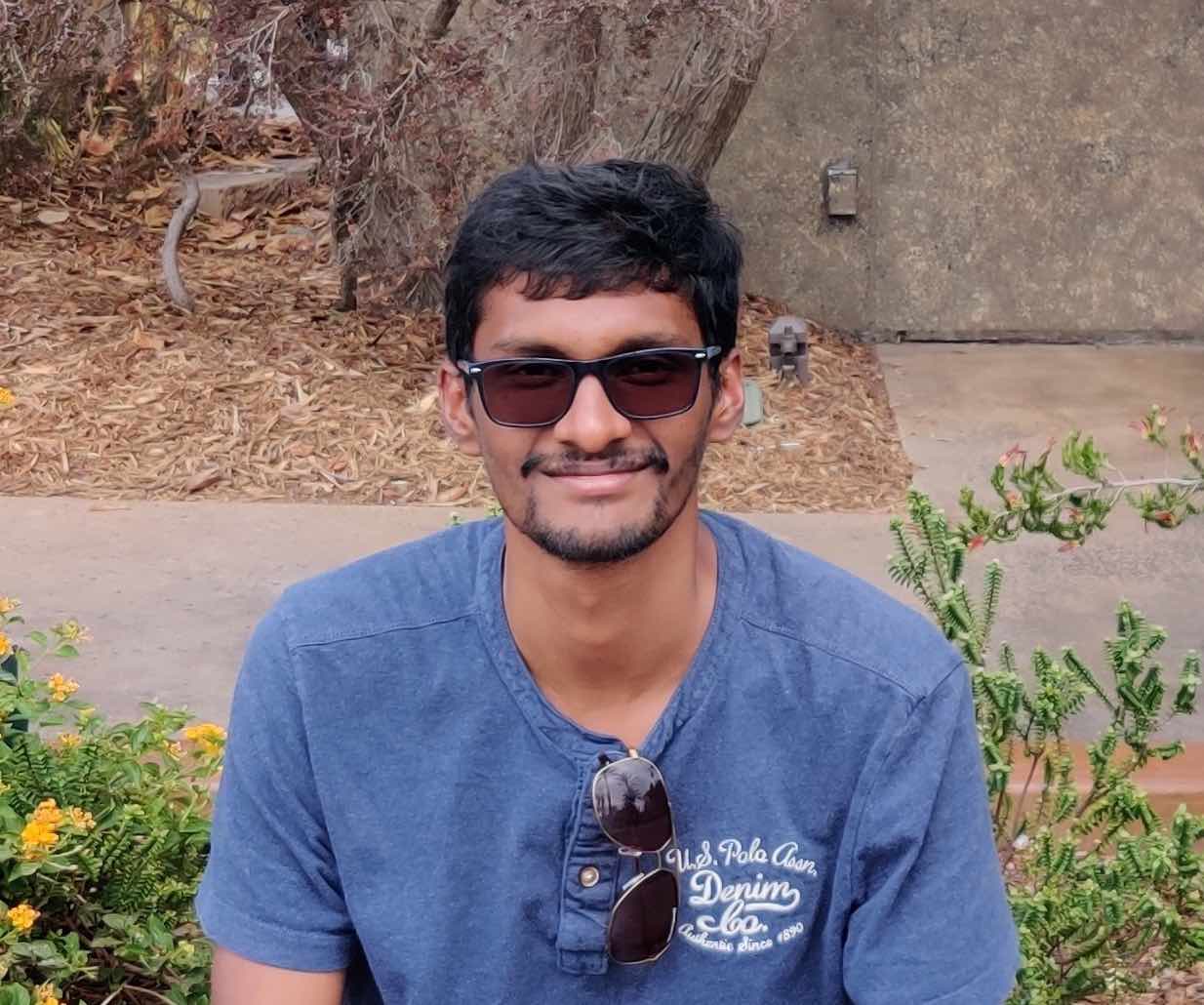
Rahul Venkatesh
PHD STUDENT (COMPUTER SCIENCE)
Rahul is a PhD student in the Computer Science department at Stanford. Prior to joining SNAIL in Fall 2021, he earned a Master's in Computer Vision from Carnegie Mellon University. His research explores the mechanisms that enable humans to interpret the physics of the world through visual imagery. Towards this goal, he is developing computer vision models that align with human behavior in physical scene understanding tasks. Beyond his primary research, Rahul has a keen interest in theological studies and practical philosophy. He also harbors a passion for tennis and unwinds through yoga and meditation.
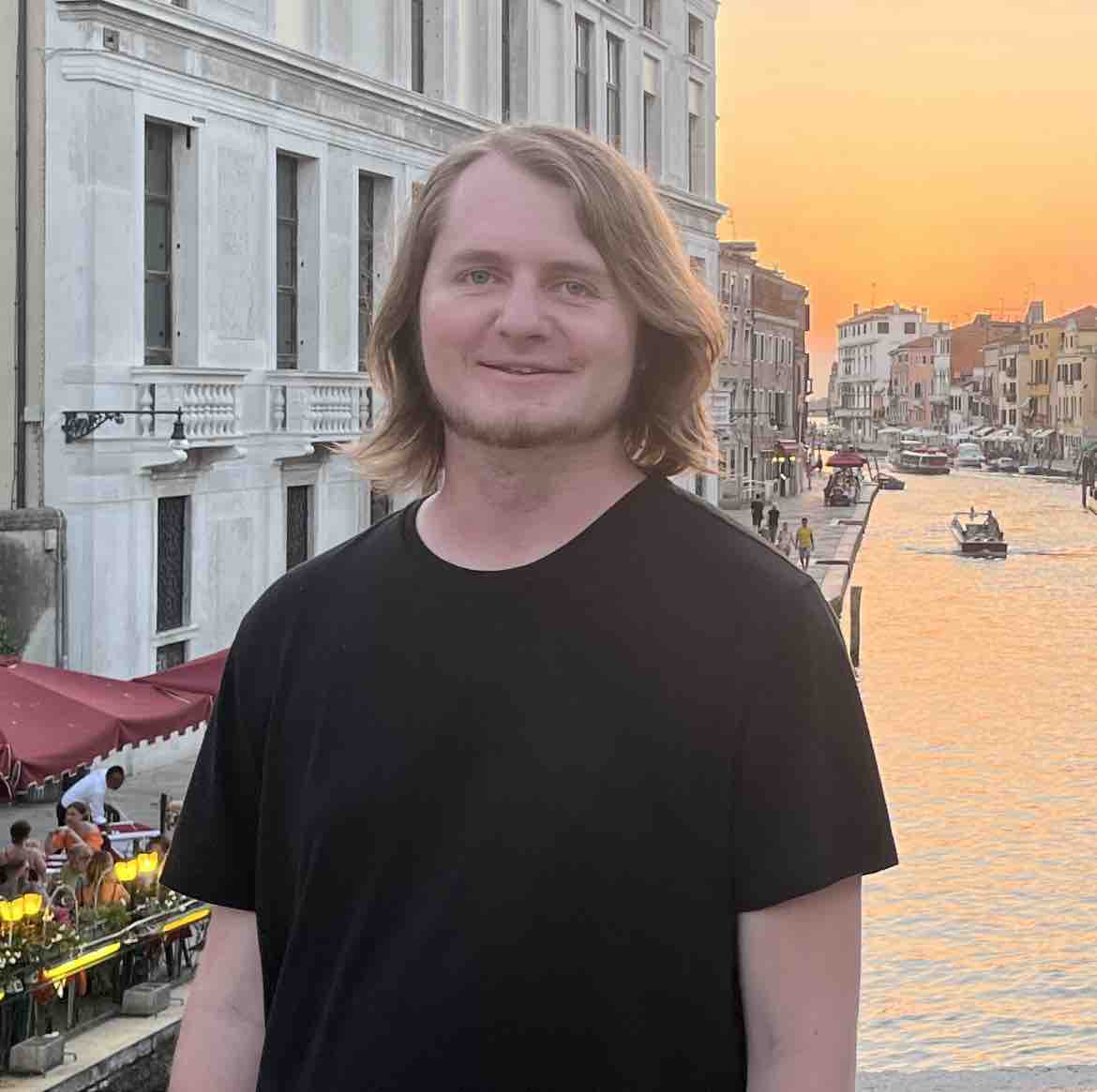
Jared Watrous
MASTERS STUDENT (COMPUTER SCIENCE)
Jared is a Master's student in the Department of Computer Science specializing in visual computing. His interests lie in classical and machine learning algorithms for computer graphics and vision, specifically the application of novel view synthesis, scene understanding, and computational geometry to film and media. Before joining SNAIL in the fall of 2023, he received his BA in Computer Science and Minor in Mathematics from UC Berkeley in 2023. Outside the lab, he enjoys music and 3D computer animation.
Lab Affiliates
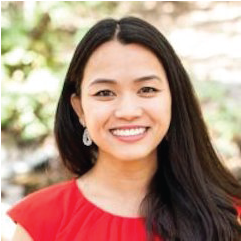
Nisa Cao
ADMINISTRATIVE ASSISTANT
Lab Alumni
Dan Bear
POSTDOCTORAL RESEARCHER (2018-2023)
Dan received an A.B. in Molecular and Cellular Biology and a Ph.D. in Neuroscience, both from Harvard University.

Tyler Bonnen
PHD (MAY 2023, PSYCHOLOGY; JOINT WITH ANTHONY WAGNER)
After transferring from Miami-Dade Community College, Tyler studied chemistry and comparative literature at Columbia University. He went on to research fellowships in the Max-Planck Institute in Leipzig, and then in the Department of Brain and Cognitive Sciences at MIT. Currently, his work integrates biologically plausible computational models, neural data, and animal behavior in order to formalize the relationship between perception and memory.

Chengxu Zhuang
PHD (APRIL 2022, PSYCHOLOGY)
Chengxu received his BEng in Electrical Engineering and BS in Mathematics from Tsinghua University in 2016. He joined the lab in September 2016.
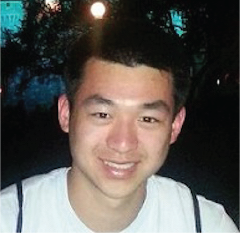
Elias Wang
PHD (MARCH 2022, ELECTRICAL ENGINEERING)
Elias received his BS in Electrical and Computer Engineering from Cornell University in 2016 and is now pursing his PhD in Electrical Engineering. His interests involve the understanding of natural intelligence and the creation of artificial intelligence. In particular, he hopes to build intelligent systems that are more general, flexible, and robust.
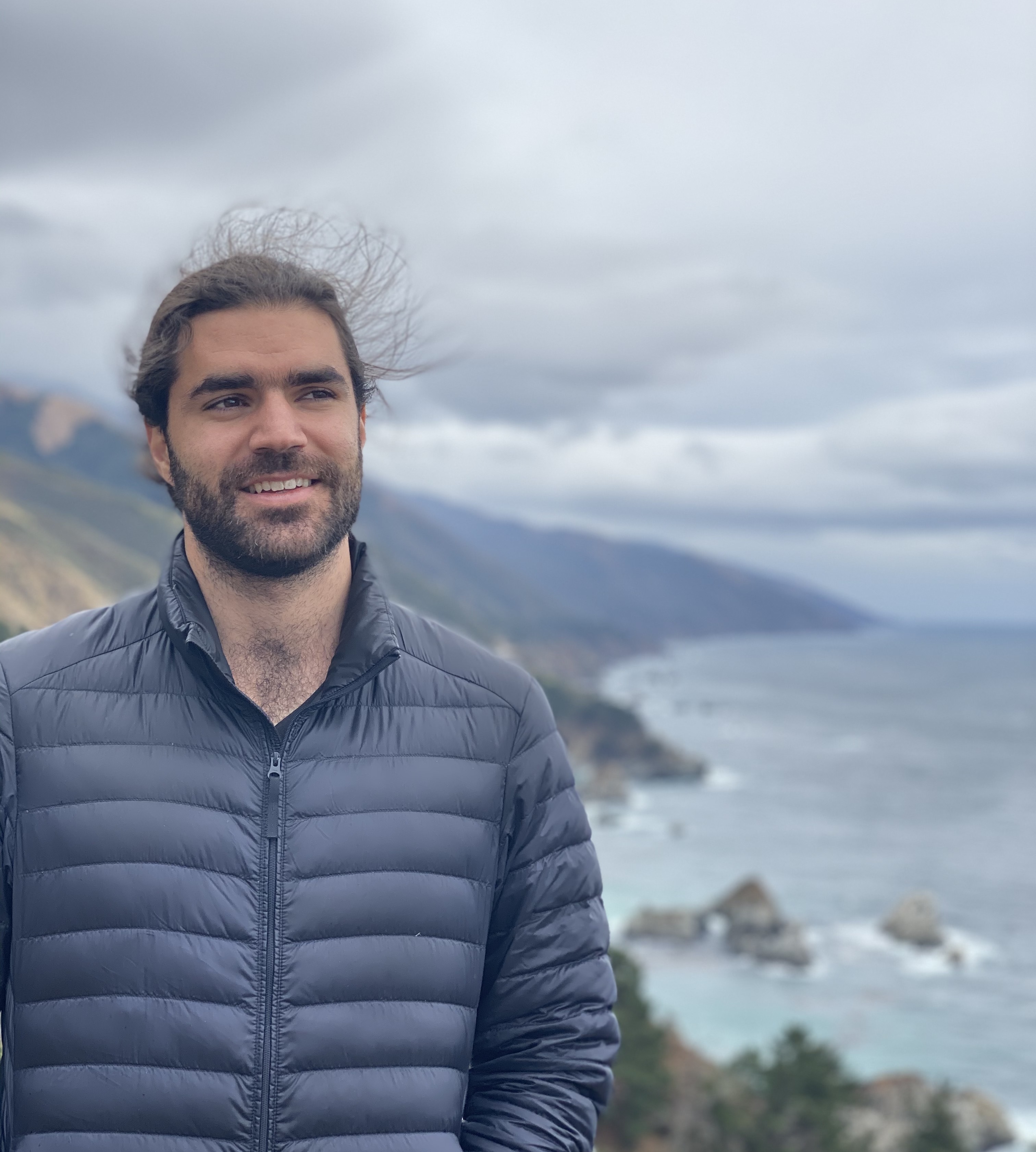
Javier Sagastuy-Brena
PHD (JUNE 2023, COMPUTATIONAL & MATHEMATICAL ENGINEERING)
Javier joined SNAIL in September 2018 interested in biologically-inspired computational intelligence. His interests grew to include using computational models to understand how the brain works, along with recurrent models of the visual system, learning rules, and deep learning theory. Javier started his PhD in Computational and Mathematical Engineering in March 2020. He received his MS (2019) from ICME at Stanford and earned both Applied Mathematics and Computer Engineering BS degrees from ITAM in Mexico City (2015). Before starting grad school, he spent two years working at a Mexican FinTech startup, teaching Computer Science, and doing research in machine learning for text mining. His non-academic interests include alpine skiing, hiking, and cooking.
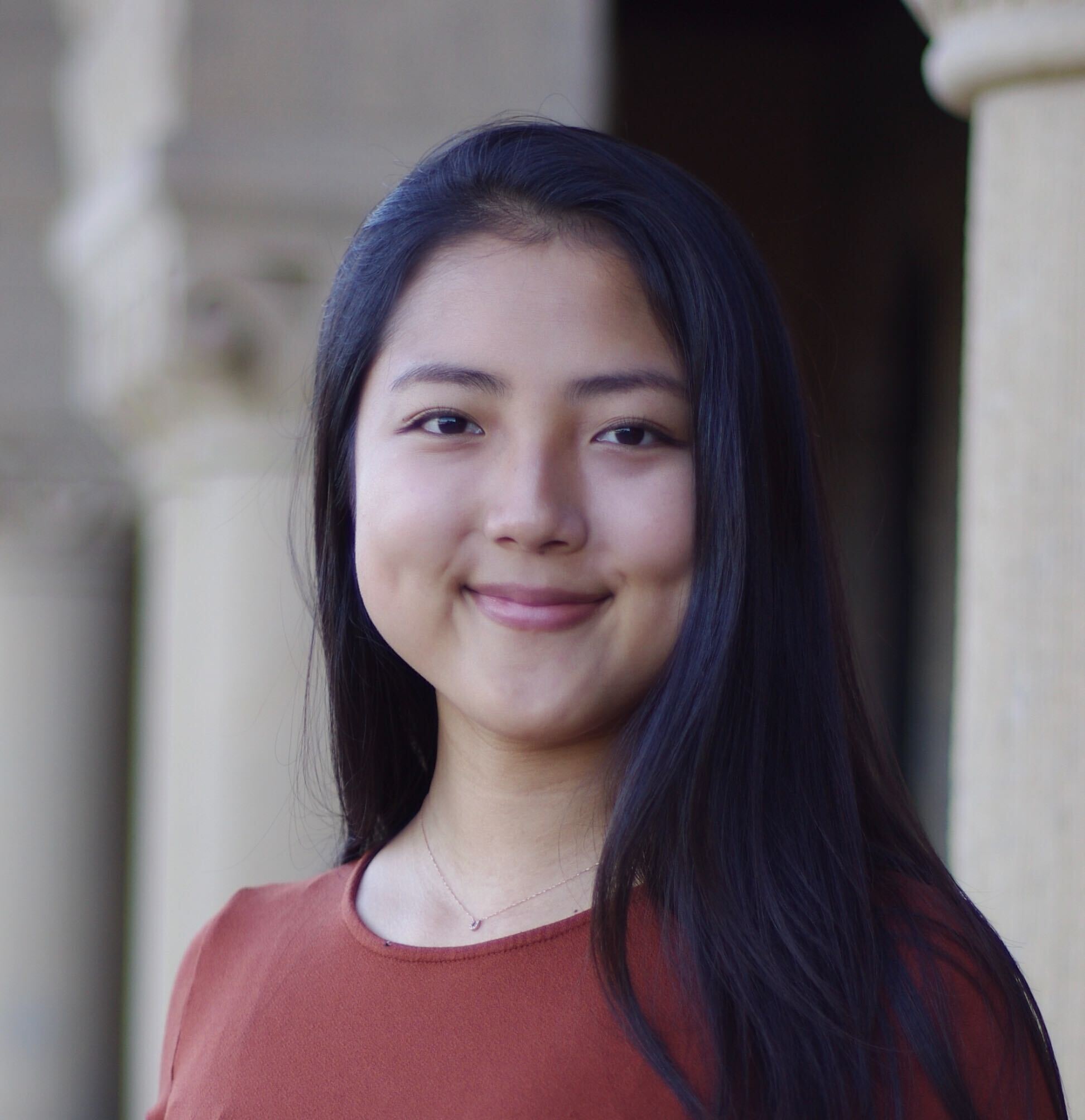
Megumi Sano
UNDERGRADUATE/MS CO-TERM STUDENT
Meg is received a B.S. in Mathematical and Computational Science ('21) and a M.S. in Computer Science (Artificial Intelligence track, '22) at Stanford. She is interested in using insights from human development, cognition, and behavior to build more flexible and general artificial agents. She joined the lab in the summer of 2019.
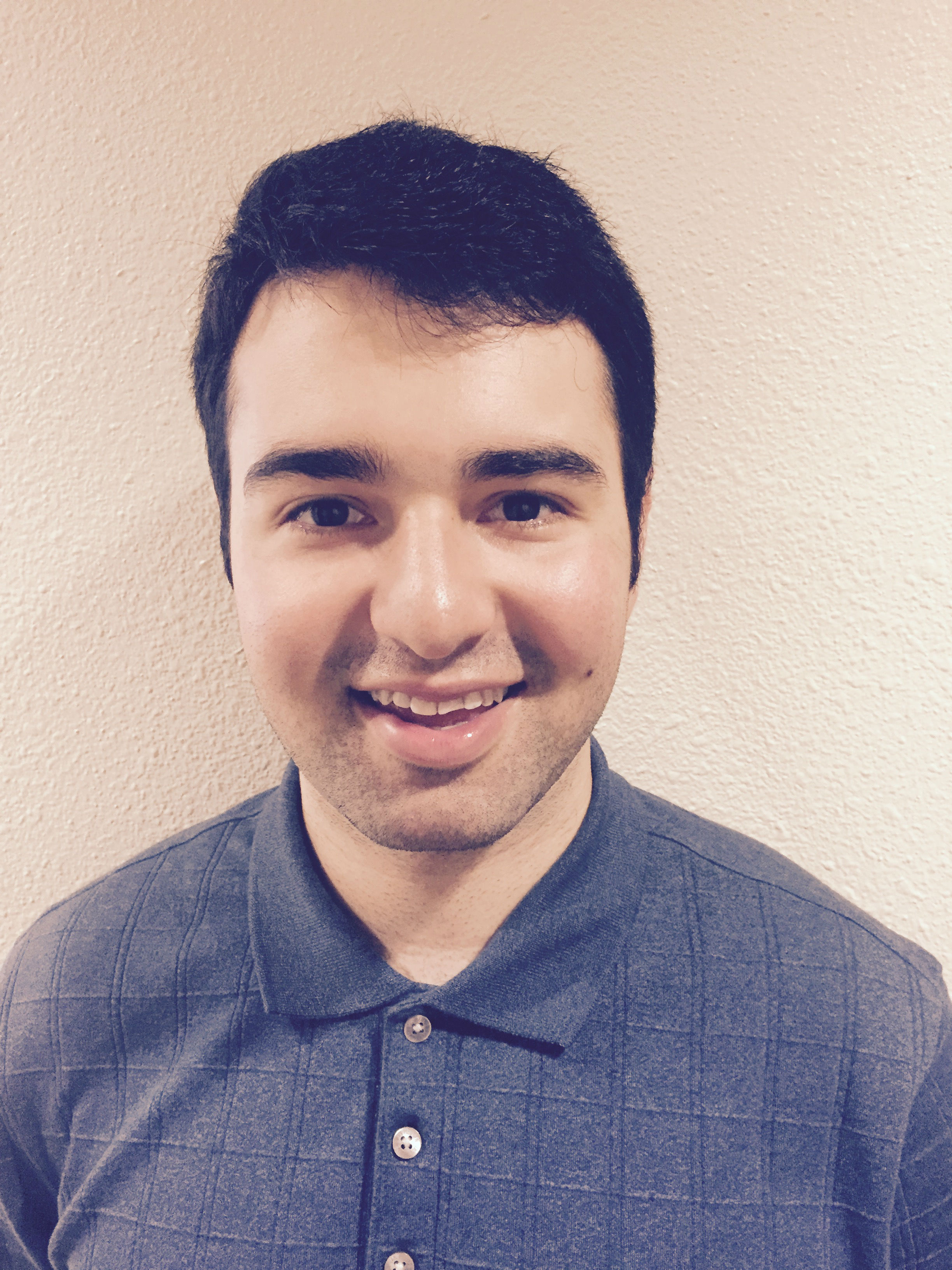
Aran Nayebi
PHD (MARCH 2022, NEUROSCIENCE GRADUATE PROGRAM; JOINT WITH SURYA GANGULI)
Aran was a PhD student in the Neurosciences Graduate Program. He earned his Master's degree in Computer Science (AI Specialization), as well as both undergraduate majors in Mathematics and Symbolic Systems, from Stanford University. His primary interests lie at the intersection of machine learning and neuroscience, where he uses tools from deep learning and statistics to approach problems in systems neuroscience. He has also previously worked in theoretical computer science and mathematical logic.

Eshed Margalit
PHD (MAY 2022, NEUROSCIENCE GRADUATE PROGRAM; JOINT WITH KALANIT GRILL-SPECTOR)
Eshed is a PhD student in the Neurosciences Graduate Program. His interests include the spatial organization and function of high-level visual cortex and the development of biologically-inspired neural networks. Prior to his work at Stanford, Eshed studied models of early visual cortex, developmental prosopagnosia, and the representation of objects in the lateral occipital complex.
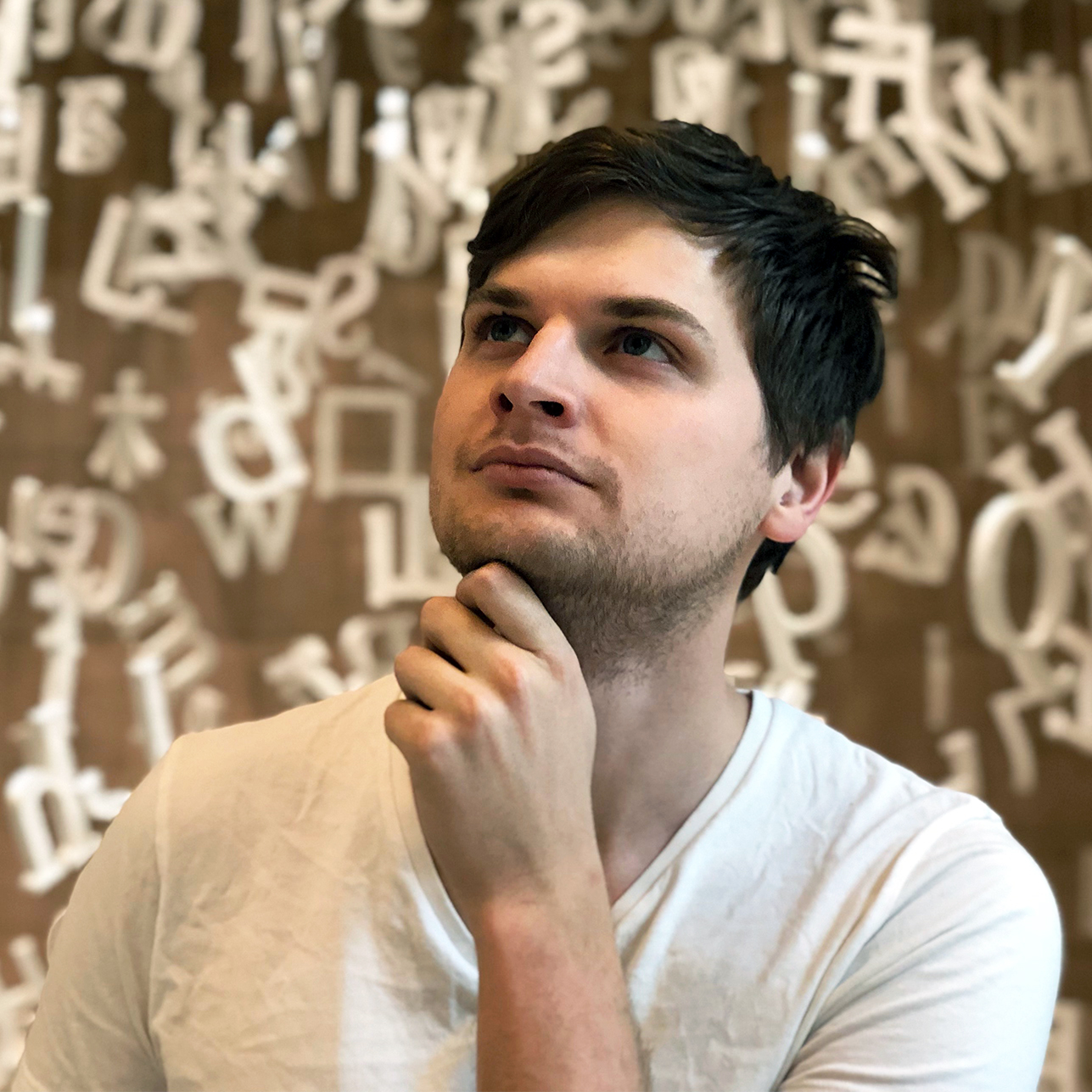
Damian Mrowca
PHD (APRIL 2021, COMPUTER SCIENCE; JOINT WITH FEI-FEI LI)
Damian received his BA (2012) and MSc (2015) in Electrical Engineering and Information Theory, both from the Technical University of Munich. During 2014-2015 he was a visiting student in machine learning at UC Berkeley. After a year in start-up land, he joined the lab in September 2016.

Josh Melander
PHD STUDENT (NEUROSCIENCE; JOINT WITH STEVE BACCUS)
Josh was trained in cellular biology and physiology at Whitman College (Walla Walla, WA) and the Vollum Institue (Portland, OR). Co-mentored by Steve Baccus (Neurobiology) Josh applies his passion for experimental science to problems at the interface of neurobiology and machine learning. Combining in vivo physiology (optical and electrical recording) and state-of-the-art machine-learning techniques, Josh studies the strategies that biological systems (neurons and circuits) employ to facilitate flexible and robust behavior in natural environments.
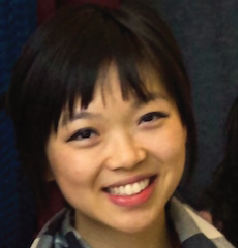
Judy Fan
POSTDOCTORAL RESEARCHER (2017-2019)
Judy earned her PhD in cognitive psychology from Princeton University in 2016, and her AB in neurobiology from Harvard College in 2010. She is interested in how visual perception, action, and social inference are coordinated to support learning and communication. After spending the 2018-2019 academic year here at Stanford, she started the Cognitive Tools lab in the psychology department here at Stanford.
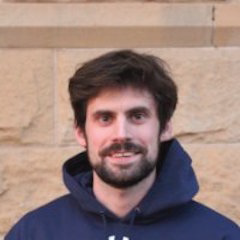
Nick Haber
POSTDOCTORAL RESEARCHER (2017-2019)
Nick received his PhD in mathematics from Stanford University in 2013, and subsequently worked on the Autism Glass project. He joined NeuroAILab in January 2017 and finished up in December 2019. Happily, Nick has chosen to stay reasonably close by, starting the Autonomous Agents Lab here at Stanford's Graduate School of Education in January 2020.

Blue Belmont Sheffer
RESEARCH ASSISTANT
Blue is a recent graduate of the Symbolic Systems Program at Stanford University (B.17) where he studied computational neuroscience and machine learning. While at SNAIL, Blue worked on building modular continual learning agents and PTUtils, a package for reproducible deep learning with PyTorch. He currently works on brain-machine interfaces in Stanford's Neural Prosthetics Systems Laboratory.